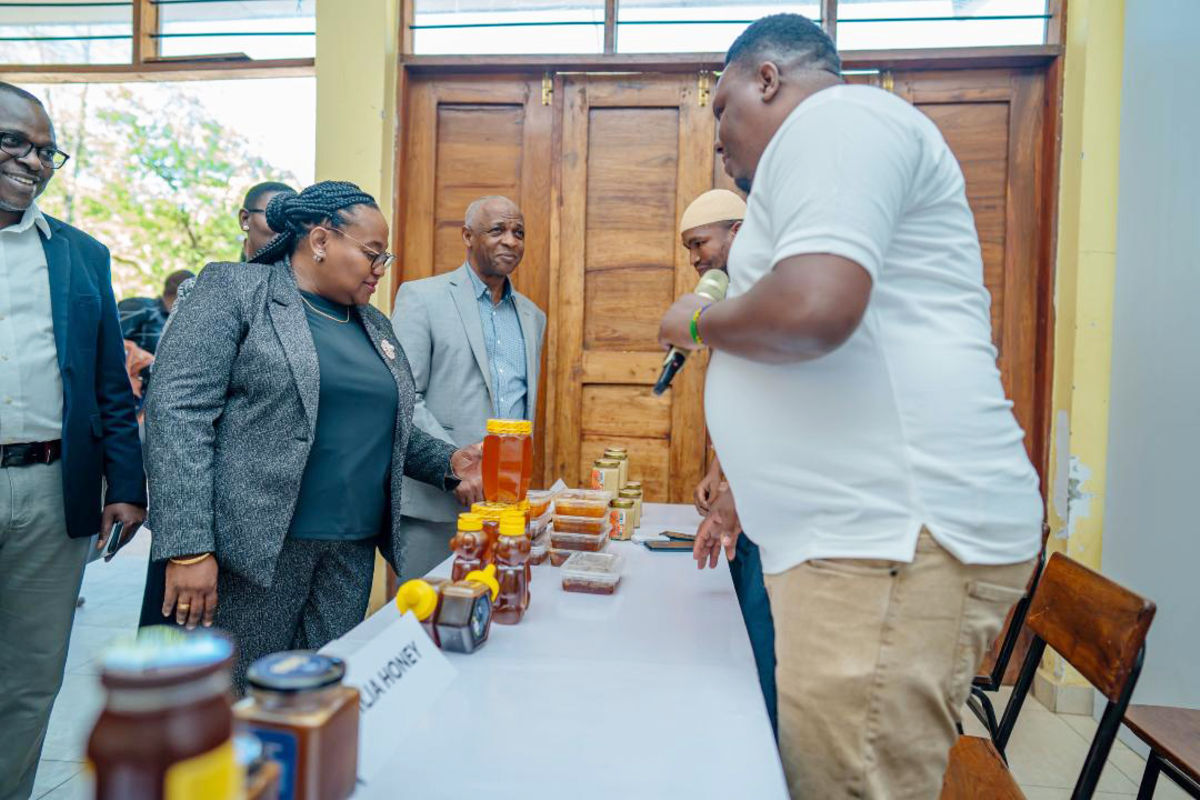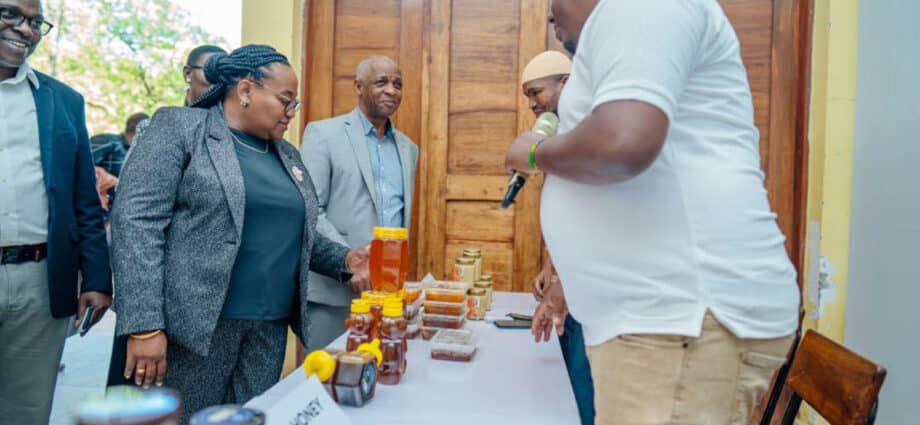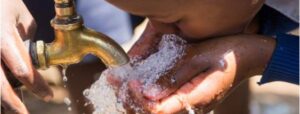
Tabora. Tanzania’s beekeeping sector is undergoing transformation as policy reforms, technical assistance and access to international markets is growing.
By April 2025, a total of 1,321.35 tonnes of honey valued at Sh15.85 billion were exported, which is equivalent to 206.9 percent compared to 430.61 tonnes valued at Sh5.17 billion that were exported during the same period in 2024, according to the budget speech of the ministry of Natural Resources and Tourism tabled on Monday.
Due to the development, the International Bee Keepers Organisation has designated Tanzania as the host for the World Beekeepers Conference (APIMONDIA) in 2027, which will be attended by over 4,000 people from various parts of the world.”
At the centre of the shift are beekeepers and entrepreneurs whose businesses are expanding, thanks in part to targeted capacity-building interventions supported by the Beekeeping Value Chain Support (BEVAC) project.
In Dar es Salaam, Asilia African Honey, founded in 2019 by Mr Reginald Saria, has reported significant progress following support in branding, packaging, and international market exposure.
“The support we received in packaging, branding, and attending international trade fairs changed everything,” Mr Saria said, citing investment discussions worth $500,000 that began after his participation in the Anuga Food Fair in Germany.
Recent government assessments show that approximately 18,472 hectares of forest land have been officially designated for beekeeping.
These areas are managed by the Tanzania Forest Services Agency (TFS) and Tanzania Wildlife Management Authority (TAWA), both under the ministry of Natural Resources and Tourism.
In addition to these national reserves, over 50,000 hectares of district and village-level bee reserves have been established across the central and western zones.
The European Union-funded BEVAC project, jointly implemented by Enabel, the Belgian development agency, and the International Trade Centre (ITC), has played a critical role in improving quality management.
In Kahama, Afrilife, founded by Mr Athanas Mluki, is pursuing international certifications such as HACCP and ISO following its participation in BEVAC’s Export Quality Management workshop. “It’s not just about funding.
It’s about the technical knowledge that allows you to scale responsibly,” said Mr Mluki.
Meanwhile, in Tabora, the youth-led Miombo Beekeepers Initiative is equipping small-scale producers with modern tools and training.
With BEVAC’s support in marketing and branding, the organisation is helping local producers meet compliance standards and better position their products in domestic and international markets.
In Kigoma Region, Sahara Honey Company—based in Kasulu District—has reported a sharp rise in turnover since receiving support from BEVAC.













